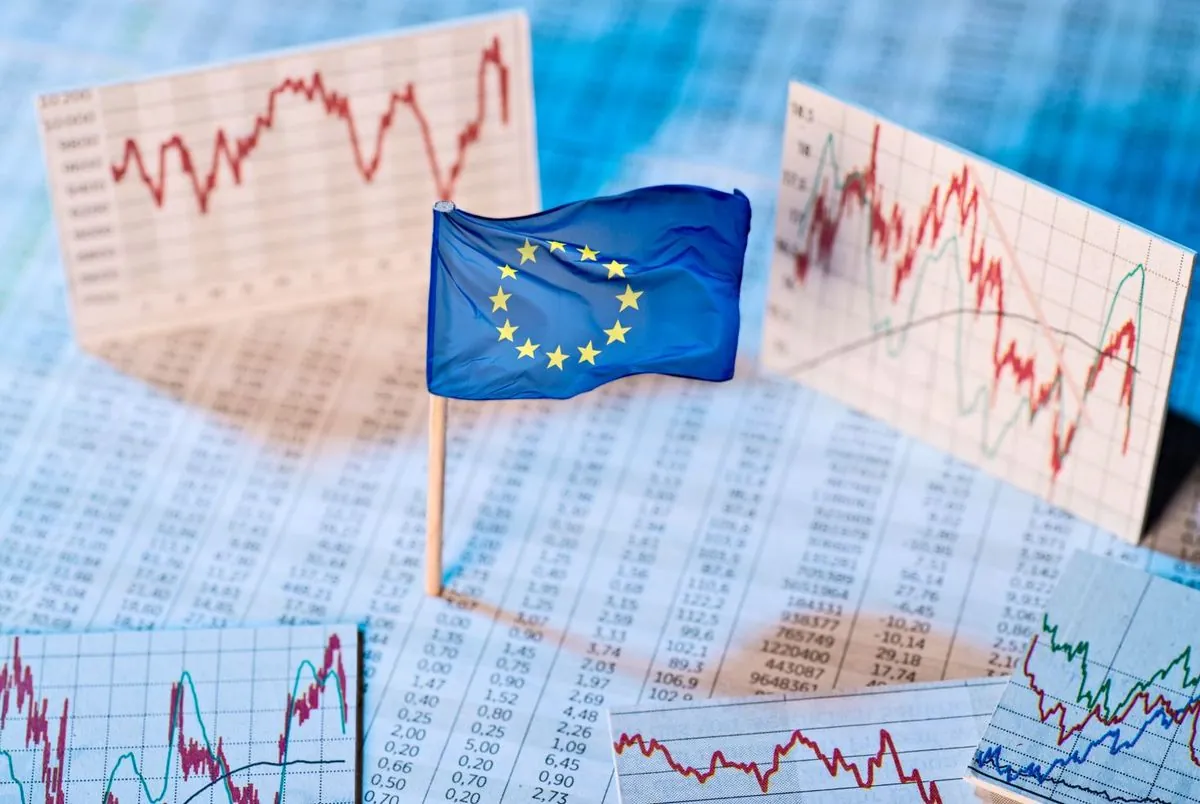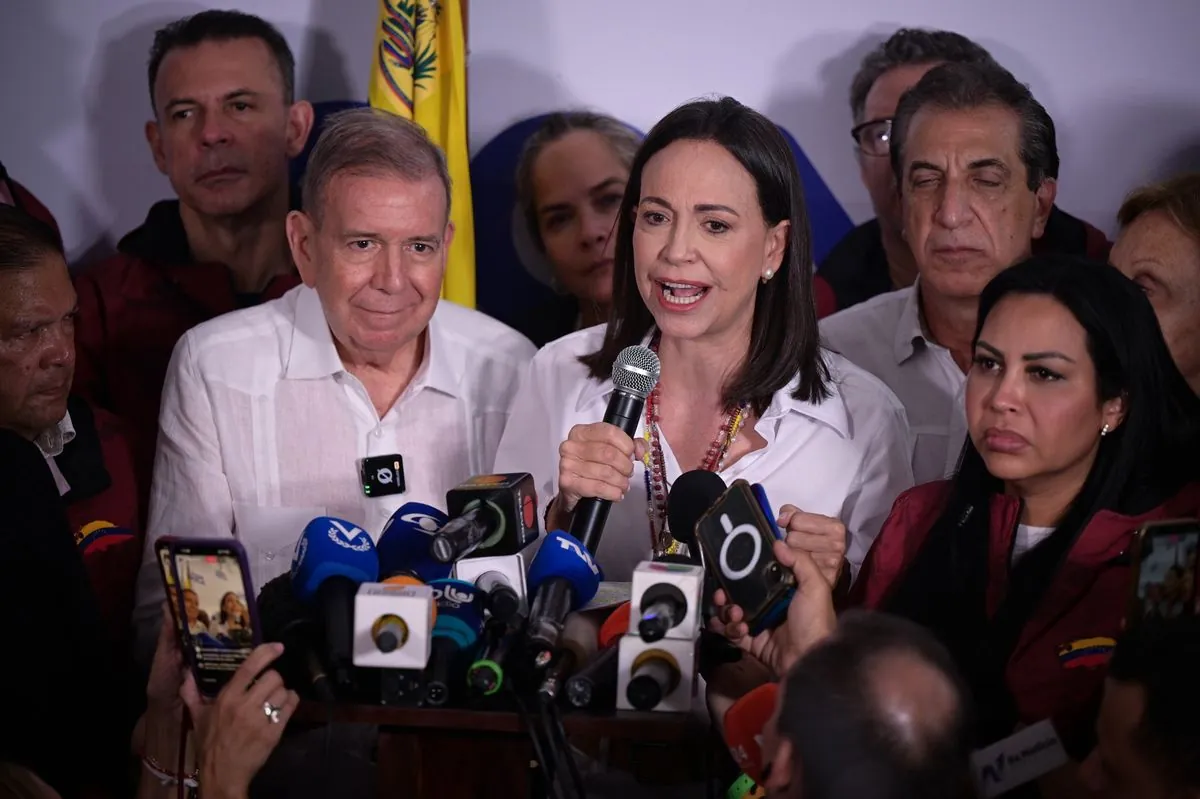Venezuelan Bonds Plummet as Disputed Election Sparks Political Tension
Venezuelan bonds fell after Maduro's contested election victory. Opposition challenges results, international community expresses doubts, raising concerns about future sanctions and debt restructuring.

In the aftermath of Venezuela's recent presidential election, the country's financial markets have experienced significant turbulence. Approximately nine weeks ago, on May 20, 2024, Nicolas Maduro was declared the winner, securing 51.2% of the vote. This outcome has triggered a series of economic and political repercussions, reflecting the complex challenges facing the South American nation.
The election results have had an immediate impact on Venezuela's bond market. Government bonds maturing in 2034 saw a decline of 1.8 cents, trading at around 21 cents on the dollar. Similarly, bonds issued by Petróleos de Venezuela SA, the state-owned oil company, also experienced a downturn, with 2026 bonds dropping by 2 cents to approximately 12 cents on the dollar.

The opposition, led by candidate Edmundo Gonzalez, has vehemently contested the election outcome. They claim to have access to partial raw voting data indicating a clear lead for Gonzalez, contradicting the official results. This dispute has intensified political tensions within Venezuela, with the opposition calling on the military to intervene.
"We reject the official results and call on the military to enforce the true will of the people."
The international community has responded with skepticism to the election results. The United States, which has imposed sanctions on Maduro and several Venezuelan officials, expressed doubts about the official tally. Even some left-wing governments in Latin America have refrained from endorsing the results, with Gabriel Boric of Chile stating they were "hard to believe" and Colombia's Foreign Minister Luis Gilberto Murillo requesting a full recount.
The disputed election has raised concerns about potential additional sanctions and the prospects for debt restructuring. Venezuela, which defaulted on its sovereign debt in 2017, faces a staggering $150 billion in default. The country's economic crisis, ongoing since 2013, has led to a 75% contraction in GDP and hyperinflation that peaked at 65,374% in 2018.
Market analysts had anticipated Maduro's victory, with estimates suggesting a 30% chance of an opposition win. However, the allegations of fraud have created uncertainty, potentially complicating future negotiations with the US and the European Union. This political instability could further delay the long-awaited debt restructuring process.
Venezuela's economic challenges extend beyond its financial markets. The country, which possesses the world's largest proven oil reserves, has seen its oil production plummet from 3 million barrels per day in 2000 to less than 1 million in 2023. This decline has contributed to widespread poverty, with the minimum wage now equivalent to just a few dollars per month.
As Maduro prepares to be sworn in for his third six-year term in January 2025, the legitimacy of his government remains in question both domestically and internationally. The ongoing political and economic turmoil has led to a mass exodus, with over 7 million Venezuelans leaving the country since 2015.
The coming months will be crucial in determining Venezuela's path forward. The international community's response, potential negotiations between the government and opposition, and the possibility of further sanctions will all play a role in shaping the country's future and its ability to address its deep-rooted economic challenges.


































